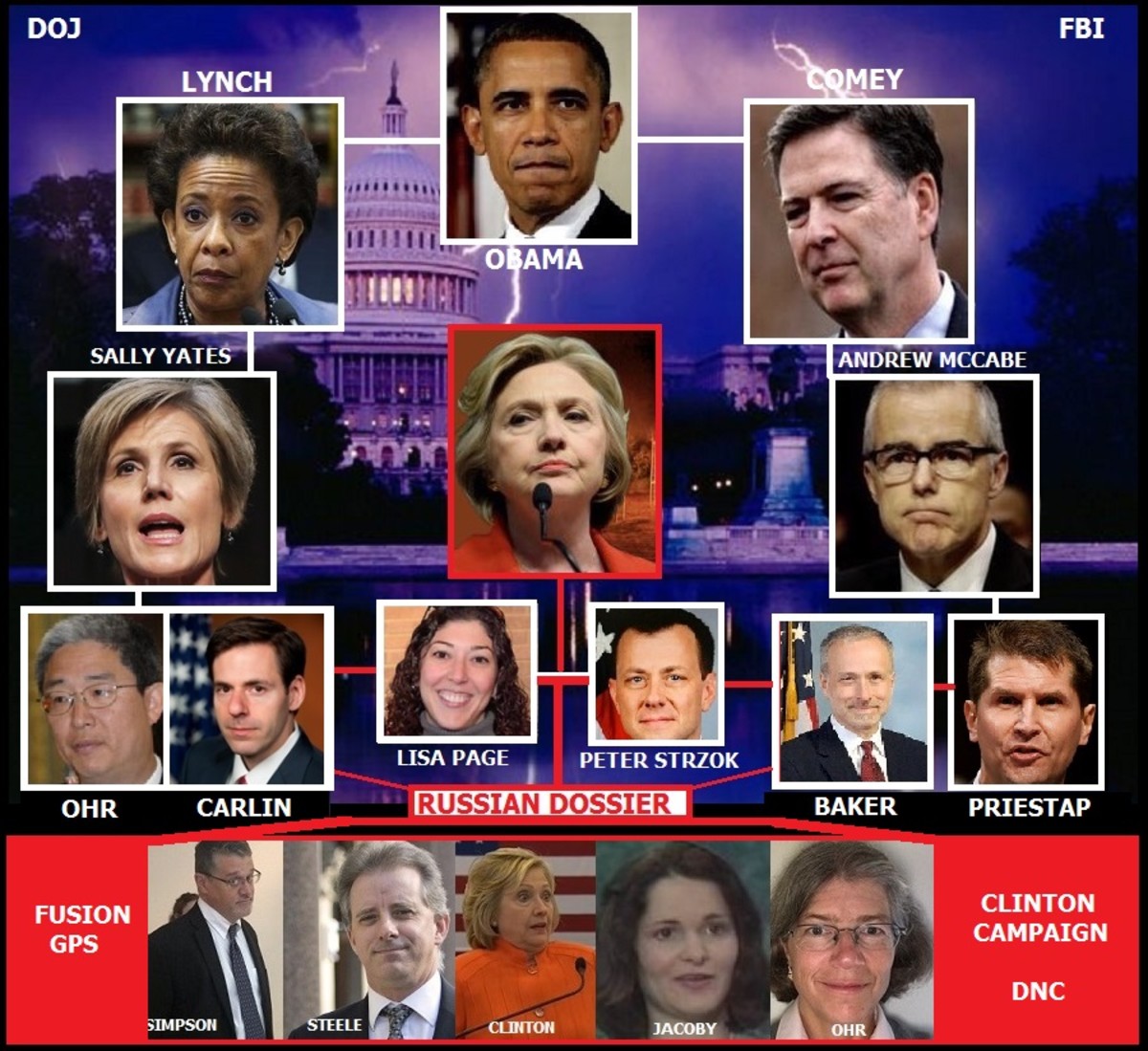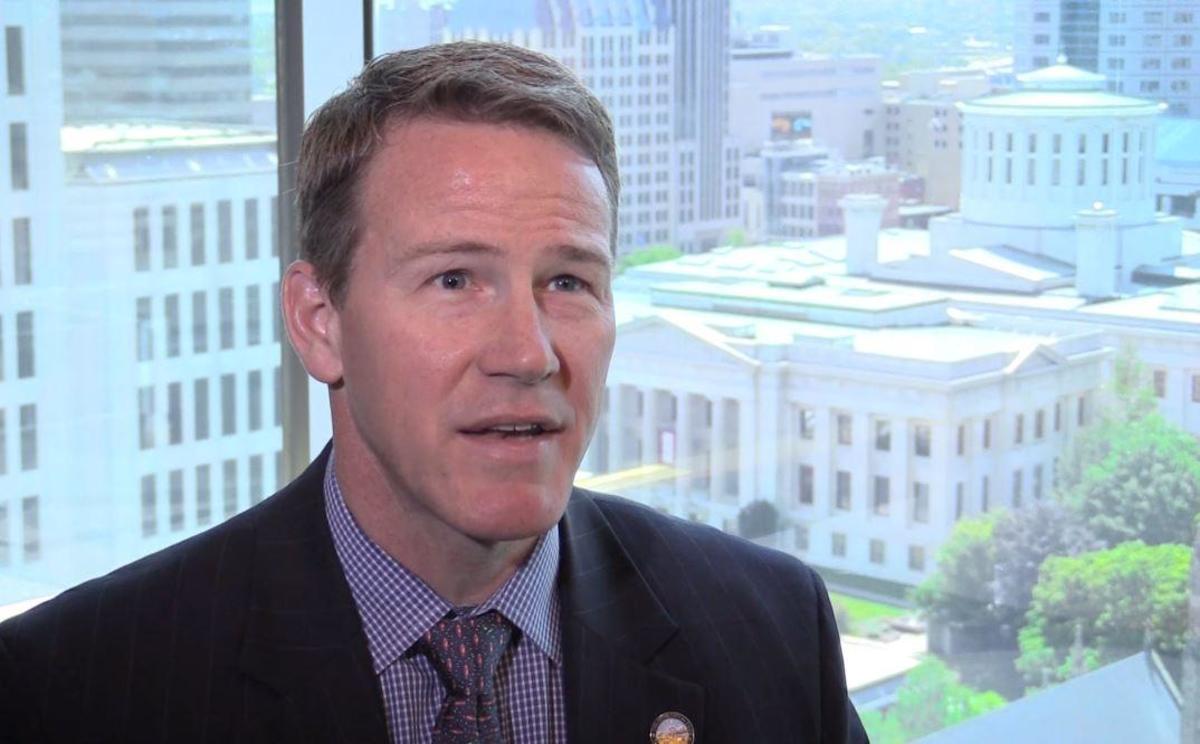Why the Hillary Clinton email scandal is not a scandal at all
The Hillary Clinton email scandal is not a scandal at all
Let’s all just drop everything and spy on Mrs. Clinton’s private email conversations, shall we? Doesn’t that make perfect sense? It’s national security, you know. It’s for…the country. They will say it’s about Benghazi. It’s not about Benghazi. What’s really happening here is Elections 2016 frothing. This year the State Department had proposed a date of January 2016 for the release of the “infamous emails” of former Secretary of State, Hillary Clinton. And yes, their proposed date of course was just two weeks before the Iowa Caucus for Elections 2016. The emails however have been rolled out in phases. The New York Times reported May 21 that the first round of emails released were very interesting.
We learned that a picture of Hillary on the cover of The Times was given a compliment. We have also learned that she likes public radio. This is all very important information related to national security. Or is it?
It’s not. But what might cause concern are Hillary’s emails that were classified “SBU”, or, “sensitive but unclassified” information, that highlight her knowledge of the Benghazi situation according to the New York Times. The emails obtained by the New York Times reportedly “capture the correspondence and concerns expressed among Mrs. Clinton following the attacks.” The most important thing in these emails?
They prove Hillary Clinton right. What she has said all along is that her private email address was not a recipient of classified information. And it wasn’t.
It may however have been the recipient of what is known as SBU, sensitive but unclassified information, according to the New York Times. One email in particular that had the date stamp of approximately 18 months before the Benghazi attacks noted SBU information that identified the location of Ambassador Stevens. In that time frame, Mr. Stevens was reportedly considering leaving Benghazi due to “deteriorating security.” A section of an email forwarded to Hillary from an aide to Mr. Stevens reads,
“The envoy’s delegation is currently doing a phased checkout. He will monitor the situation to see it if deteriorates further, but no decision has been made on departure. He will wait 2-3 more hours, then revisit the decision on departure.”
The New York Times reports that the emails also show that Hillary was distributing information about the Benghazi attacks that “contradicted the Obama Administration’s initial narrative of what occurred.” It appears that Hillary was concerned that the Republicans would use that to undermine the President.
The emails that have been released begin with reports that include the subject line, “Syria aiding Gaddafi.” They are marked confidential and are dated March 3, 2011. In this first set of reports, Hillary receives memo correspondence from “Sid” in a two part report.
First round of Hillary Clinton Emails





Does Donald Trump know the Bush Administration lost 5 million emails?
The first part details a report on Syria providing air aid to Gaddafi. The second part is a note from Lord David Owen, a former foreign diplomat from the UK, on “an increasingly complex crisis.” The report was to Mrs. Clinton, with some strenuous notes of concern,
“It seems that the situation is developing into a protracted civil war with various nations backing opposing sides with unforeseen consequences. Under these circumstances, the crucial challenge is to deprive Gaddafi of his strategic depth – his support both financial and military.”
The reports from Lord Owen to someone named “Cody” are grim. His reports also highlight the humanitarian efforts employed by many nations in the middle of this complex crisis. Lord Owen, in a very short note, details a delicate balancing act on the crisis. An excerpt of that reads,
“Realistically the UN will not authorise a no fly zone while Gaddafi continues to hold off bombing….but keeping it up front and on the military agenda keeps him worried. …..But, and it is a big BUT, what else can and should we be doing? Encourage humanitarian ships and convoys from Egypt….There is Nasserite sentiment for a Federation of Egypt, Sudan, and Libya. …It is delicate but words alone and the balance of advantage will slip to Gaddafi. A Gaddafi victory is possible and needs to be weighed in the balance now when deciding what to do. I’m more worried than I am ready to say publicly. Yours, David.”
On March 27, 2011, Hillary Clinton also received an email from Sid with the subject line “Lots of new intel; Libyan army possibly on verge of collapse.” The intro to that reads,
“Latest: During the evening of March 27, 2011, individuals with direct access to the military committee of the National Libyan Council stated in confidence that while the rebel forces continue to have organization and communications problems, their morale has improved drastically and they believe the Libyan Army is on the verge of collapse…..An extremely sensitive source added that the rebels are receiving direct assistance from a small number of Egyptian Special Forces units, while French and British Special Operations troops are working out of bases in Egypt along the Libyan border. These troops are overseeing the transfer of weapons and supplies to the rebels.”
On April 8, 2011, Sid sent an email to Mrs. Clinton with the subject line, “UK game playing; new rebel strategists; Egypt moves in.” That email details how the UK was using their intelligence services to “dictate the actions of both the Libyan National Committee (LNC) and the Gaddafi regime.” Correspondence about the UK game playing goes on for several pages.
By May 2, 2011, Bin Laden’s name begins to crop up in subject headers. From Sid, to Mrs. Clinton, on May 2, 2011, an email with the subject “Bin Laden, AQ, & Libya.” That email begins with the notes “latest report.” Its introduction reads,
“During the early morning of May 2, 2011, sources with access to the leadership of the Libyan rebellion’s ruling Transitional National Council stated in confidence that they are concerned that the death of al Qaida leader Osama Bin Laden will inspire al Qa’ida in the Islamic Maghreb (AQIM) to use weapons they have obtained, which were originally intended for the rebels in Libya, to retaliate against the United States and its allies for the attack in Pakistan.”
By June 3, the emails began to note a possible secret bid from al Qa’ida to the UK. That email notes,
“On the morning of June 2, 2011, sensitive sources with access to the advisors to Muammar Gaddafi’s son, Saif al-Islam, stated in strict confidence that the Libyan government has opened extremely complicated negotiations with the government of the United Kingdom in an effort to obtain their support in reaching a ceasefire agreement with the rebels of the Libyan transitional National Council (TNC), allowing the Gaddafi’s to maintain some level of control in the country.”
By August, the emails continue to discuss what one would expect to see in correspondence to and from the Secretary of State. In August the subject line “Who killed Younis” details circumstances around the death of rebel military commander General Abdel Fatah Younis. Just another email in the life of a Secretary of State.
What email scandal is worse?
What email scandal is worse?
How scandalous are these emails?





The historical significance of the Hillary Clinton emails
By January 2012, signs that the crisis was escalating was showing in emails with lines like, “Let’s not panic yet.” An excerpt from an email from the UK to “HRC” on January 9, 2012, reads,
“So bottom line, there is ferment and things are not progressing as fast and as far as we would like. But let’s not panic yet – the PM is well intentioned and the ministers are able people if they can get the means to implement their plans. I told the PM today that we could help in various areas and that we could be as discrete as need be in light of his formidable political vulnerabilities.”
This first round of Hillary Clinton emails goes on for 349 pages in a PDF file. The politics as well as the logistics of this “delicate and complex” situation are spelled out from military tactical standpoint, financial standpoints, and political. In a February email between Gene Cretz, Jacob Sullivan, and Jeffrey Feltman, the politics come into play. Gene Cretz wrote to these parties on February 24, 2012, with the subject header “From HRC friend.”
“The war wounded is a national tragedy. The former group allowed everybody to go abroad and they did to the tune of 800 million dollars. 50,000 Libyans abroad now 15 percent receiving medical treatment. Who do you t6hink the others are? Relatives, frauds, and those who snuck out to get botox and tummy tucks. Senator McCain will rail about our refusal to take thousands of them to the States but the process has been so bungled I think we did as much as we could, considering.”
And this is the tone of a lot of emails. Frustration, growing concern, and politics. But never….a cover up. By March, rumors of France being behind a Libyan “breakup” were banished by Mrs. Clinton. She looked into it, but on March 9, 2012, in an email with the subject header “France & UK behind Libya breakup” she only said,
“This one strains credulity. What do you think?”
That was in response to Jacob Sullivan, who had said, “I can share around if you like, but it seems like a thin conspiracy theory.” The emails go on and on with correspondences such as this. As the New York Times reported this year, there was no evidence in this first round of emails that Mrs. Clinton’s email address received classified information, or that she was working a cover up.
If anything, the emails reveal just the opposite, that all of her communications were widely distributed among several parties, heads of state, and foreign diplomats. So far, all of the hubbaloo about Hillary Clinton’s emails is much ado about nothing. They are in fact detailing her work as Secretary of State.
This is just the first round. Politico reported earlier this year that the State Department had proposed a date of January 2016 as the date when all of the emails will be rolled out. Of course we know now that it took longer than that. Secretary of State Department Programs and Services acting Director of Information filed a declaration with the U.S. District Court in Washington earlier this year saying,
“The Department understands the considerable public’s [sic] interest in these records and is endeavoring to complete the review and production of them as expeditiously as possible. The collection is, however, voluminous and, due to the breadth of topics, the nature of the communications, and the interests of several agencies, presents several challenges.”
Politico reported that the State Department has 12 staffers on Hillary Clinton emails alone. Because apparently there are no other matters of national security for 12 staffers paid by American tax dollars in the State Department to contend with right now. The reason for this delay to January 2016 is being cited as a “crushing burden” of 79 Freedom of Information Act lawsuits that are now pending against the State Department.
The “Clinton Email Project” is thus being prioritized in order to mitigate this crushing burden, according to the State Department. Hillary Clinton herself tweeted on March 4 she wants the public to see these emails. And, if this first round of emails is any indication, now we know why. Because it looks like, she has nothing to hide.
And she wants this matter resolved to the point where people stop talking about it, so that she can continue on with her work for Elections 2016. But whether or not there is a cover up is only one prong to this pickle. The public has learned that Mrs. Clinton used private emails during her work as Secretary of State. To some, that alone appears like a cover up because those emails are not screened and monitored the way government emails would be.
But is this not splitting hairs? When the Libyan crisis was in full swing, is it not possible that Secretary of State Hillary Clinton had a few more important things on her mind than, what app to open up on her computer or phone? An email is an email. She used email to get her work done, and it seems that she did get the job done.
And let’s not forget the fact that the Bush Administration reportedly “lost” 5 million emails over the Iraq weapons of mass destruction debacle. But nobody is talking about that. Donald Trump however is working very hard to make Hillary’s email scandal a scandal, when it really isn’t one at all. If that’s the worst thing he can say about her, that’s a good thing for Hillary Clinton.
No matter what emails she has used in her work product, she is still the only woman who was with President Obama when the call was made to take out America’s biggest enemies, Osama bin Laden. But during election time, people on the other side of the aisle choose to forget about that. Instead, they want America to pay for the 12 staffers, and likely more, to pore over these emails and find a kernel that they can use to nail her.
Is that really State Department business? There seems to still be many “delicate and complex” situations happening overseas. At the 2016 Republican National Convention on July 19, Governor Chris Christie essentially blamed every war on the planet on Hillary Clinton. Dramatic much? As well, America has yet to balance a budget. But let’s stop everything and stress about the dot coms that Hillary Clinton used in her email addresses while she was Secretary of State.
Fretting over issues like that, instead of worrying about budgets, poverty, and international crises, may be exactly why America is in the mess they are in today. This is not history. This is Elections 2016 frothing because Donald Trump and the GOP do not have anything else to complain about. They have lost their own emails during a very sensitive global crisis. But nobody is talking about that.








